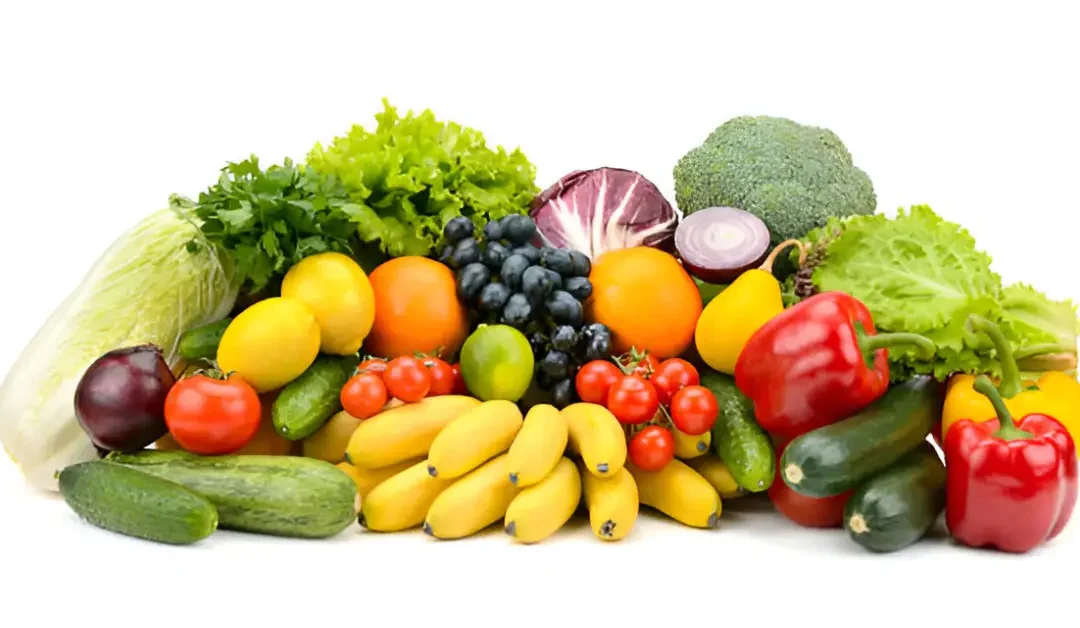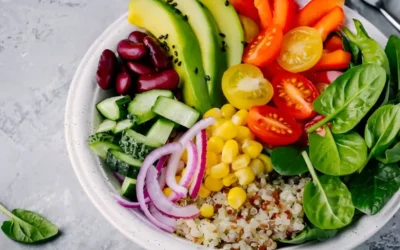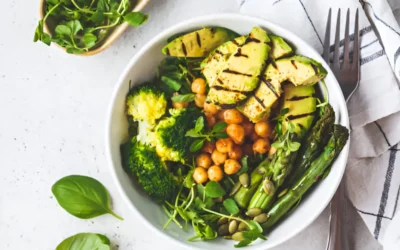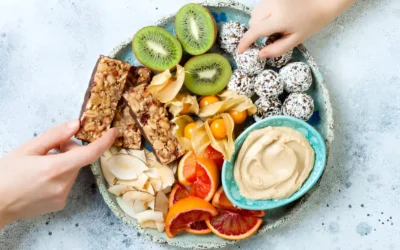In the world of nutrition, vitamin D often takes center stage, and for good reason. Known as the “sunshine vitamin,” it plays a crucial role in maintaining bone health, supporting the immune system, and even regulating mood. But what if you follow a vegetarian diet?
Can you still get enough vitamin D without relying on animal products? The answer is a resounding yes! Let’s dive into the best vitamin D foods for a vegetarian diet and explore how you can incorporate them into your meals to ensure you’re getting all the benefits this essential nutrient has to offer.
Understanding Vitamin D
Why Is Vitamin D Important?
Vitamin D is essential for several reasons:
- Bone Health: It helps the body absorb calcium, which is vital for maintaining strong bones and preventing conditions like osteoporosis.
- Immune Function: Vitamin D supports a healthy immune system, helping your body fight off infections and diseases.
- Mood Regulation: Adequate vitamin D levels are linked to improved mood and reduced risk of depression.
Sources of Vitamin D
While sunlight is the primary source of vitamin D, it’s not always enough, especially during winter months or for those who spend most of their time indoors. This is where diet comes into play.
For vegetarians, finding reliable sources of vitamin D can be a bit challenging, but it’s definitely doable with the right knowledge.
Best Vitamin D Foods for a Vegetarian Diet
1. Mushrooms
Mushrooms are one of the few natural plant sources of vitamin D. When exposed to sunlight, mushrooms can synthesize vitamin D, making them a great addition to your diet.
Types of Mushrooms:
- Shiitake
- Maitake
- Button mushrooms
How to Incorporate:
- Add them to salads, stir-fries, or soups.
- Grill or sauté them as a side dish.
2. Fortified Foods
Many common foods are fortified with vitamin D, making them an easy way to boost your intake.
Examples:
- Plant-based milks (soy, almond, oat)
- Fortified cereals
- Some brands of orange juice
How to Incorporate:
- Use fortified plant-based milk in your morning coffee or cereal.
- Choose fortified cereals for breakfast.
3. Egg Yolks
If you’re a lacto-ovo vegetarian (someone who consumes eggs and dairy), egg yolks can be a good source of vitamin D.
How to Incorporate:
- Enjoy them in omelets, scrambled eggs, or baked goods.
- Use them in sauces and dressings.
4. Dairy Products
Dairy products like milk, yogurt, and cheese are often fortified with vitamin D and can be a significant part of a vegetarian diet.
Types of Dairy:
- Cow’s milk
- Yogurt
- Cheese (especially ricotta, feta, and cottage cheese)
How to Incorporate:
- Add a dollop of yogurt to your smoothies.
- Use cheese in sandwiches, salads, or pasta dishes.
5. Leafy Greens
While not as high in vitamin D as other sources, leafy greens like kale, spinach, and collard greens contain small amounts of vitamin D and are packed with other essential nutrients.
How to Incorporate:
- Use them in salads, smoothies, or stir-fries.
- Add them to soups and stews.
Tips for Maximizing Vitamin D Intake
1. Spend Time in the Sun
Even if you’re diligent about including vitamin D foods in your diet, spending some time in the sun can significantly boost your vitamin D levels. Aim for 10-15 minutes of sun exposure a few times a week, especially during the midday hours.
2. Supplement When Necessary
If you’re concerned about getting enough vitamin D, supplements can be a reliable option. Look for vegan-friendly vitamin D3 supplements, which are derived from lichen rather than animal sources.
3. Pair with Healthy Fats
Vitamin D is a fat-soluble vitamin, meaning it’s better absorbed when consumed with healthy fats. Include foods like avocados, nuts, and seeds in your meals to enhance absorption.
FAQs
Can I get enough vitamin D from food alone?
While it’s possible to get some vitamin D from food, it can be challenging to meet your daily requirements through diet alone, especially if you’re vegetarian or vegan. Supplements and sun exposure are often necessary to ensure adequate intake.
What are the symptoms of vitamin D deficiency?
Symptoms of vitamin D deficiency can include fatigue, bone pain, muscle weakness, and increased risk of infections. If you suspect you might be deficient, it’s important to consult with a healthcare provider.
Are all vitamin D supplements vegan?
No, not all vitamin D supplements are vegan. Many vitamin D3 supplements are derived from animal sources like lanolin (sheep’s wool). Look for vegan-friendly options made from lichen.
Conclusion
Incorporating vitamin D foods into your vegetarian diet is not only possible but also delicious and nutritious. From mushrooms and fortified foods to dairy products and leafy greens, there are plenty of options to ensure you’re getting enough of this essential nutrient.
Don’t forget to spend some time in the sun and consider supplements when necessary. Your body will thank you!









